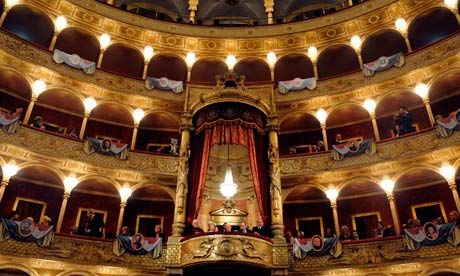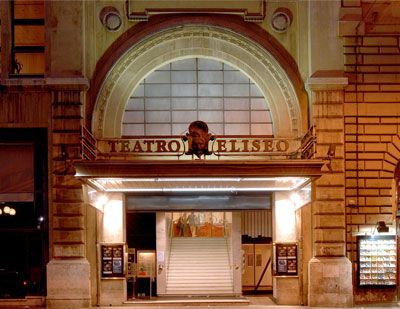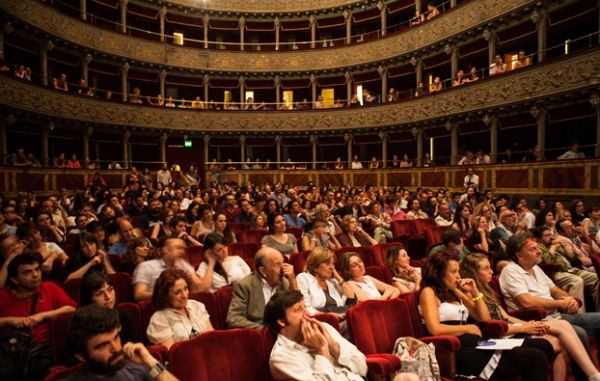Rome's new culture councillor also faces problems at Teatro Valle and Teatro Eliseo
A tentative agreement has been reached between management and unions representing the staff of Rome's Opera House, following recent strikes over the theatre's restructuring and salvage plan.
The threat of liquidation which had been hanging over the Opera House has been averted, pending an upcoming referendum by unions on the terms of the restructuring programme which has been deferred until September.
The strike action – which marred performances of la Bohème at the annual open-air opera festival at the Baths of Caracalla – was staged by employees in protest over the theatre's cost-saving plan which has been spearheaded by the theatre's superintendent Carlo Fuortes, who assumed his role in December.
The strikes were described as “totally unjustified” by Rome's mayor Ignazio Marino who claimed they not only resulted lost income, they damaged the image of Rome.
During a meeting at the Campidoglio on 29 July Marino also blasted the Opera House's board of directors for signing 21 permanent employment contracts in 2013, a year in which the theatre closed with a budget deficit of €12.9 million.
However during the meeting Fuortes revealed that the opera house's budget is returning to a healthier state of affairs: compared to the €7 million lost in the first half of 2013, the first sixth months of this year registered a profit of €420,000.
Fuortes also appealed to the Italian parliament to “reflect very hard on the right of theatre workers to strike” to avoid a situation in which “a few people can risk the right to work of the majority of their colleagues” as well as the right of the public “to enjoy the productions around which they may have organised a trip to Rome.”
Dealing with the strikes has been one of the first tasks of Rome's new culture councillor Giovanna Marinelli who oversaw talks between Fuortes and the CGIL and FIALS trade unions representing hundreds of opera workers. Marinelli, who was installed in mid-July after the departure of Flavia Barca on 26 May, described the situation as "very delicate" but confirmed the city's continued annual funding for the theatre of €16.5 million.
Marinelli was director of the city's culture department under the Rutelli and Veltroni administrations between 2001 and 2008, and director at the Teatro di Roma until 2010 before serving on various state cultural boards and commissions. Her background in theatre management is likely to be useful as her installation coincides with a series of major difficulties at Rome theatres.
One such problem facing her is the current controversy at the Teatro Valle Occupato, which has been occupied by actors and artists since June 2011. Located between Largo Argentina and Piazza Navona, the 18th-century theatre is the oldest still in operation in Rome, and was taken over by protesters three years ago over its proposed privatisation.
Marinelli has ordered that the theatre be vacated by 31 July to facilitate restoration works. However the occupiers believe it is a ruse to get them out so that the city can regain control of the theatre which was declared an official foundation last September. Marinelli says the theatre should be handed over to city authorities – allowing it to be returned “to its ancient splendour” – but the occupiers say they stand united against the plan and have called for dialogue instead.
Mayor Marino intervened to say that the theatre “must get out of a situation of illegality. Artists should be respected but this is a city that wants to live within the law. "
Meanwhile the Teatro Eliseo on Via Nazionale is fighting to stave off eviction and to ensure the continuation of artistic activity from the start of the new season. During a demonstration on 29 July to save the theatre, the management announced that the eviction had been put off until 16 September.


























